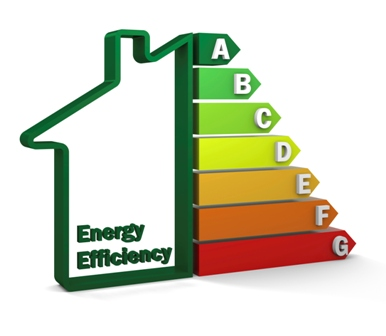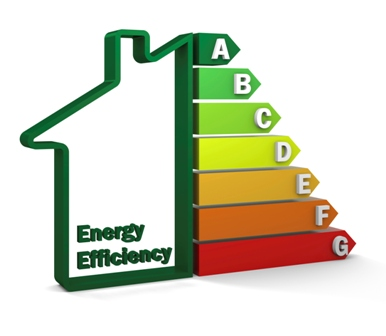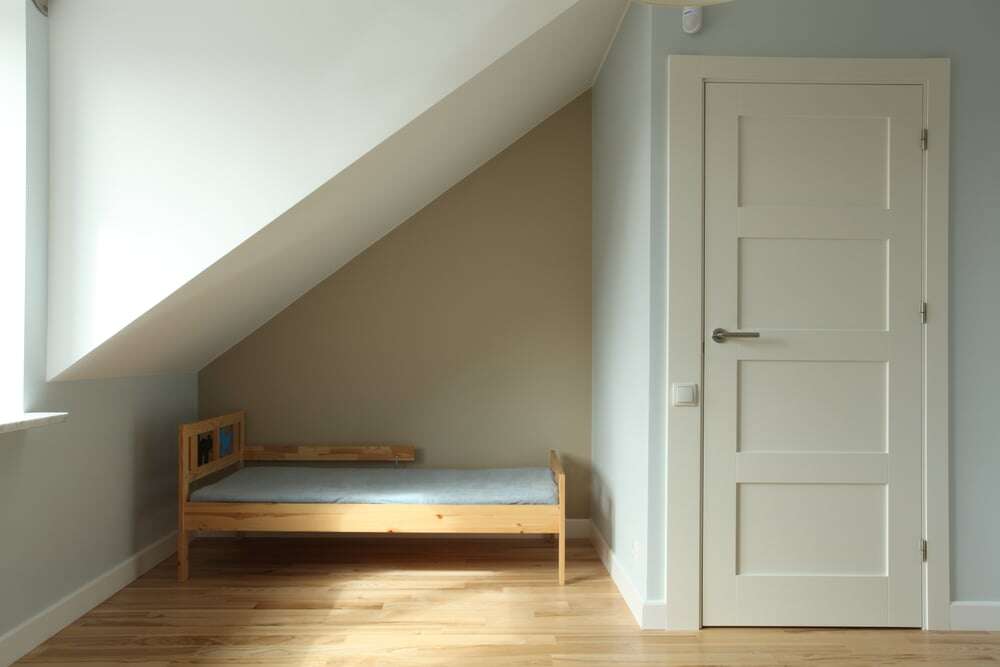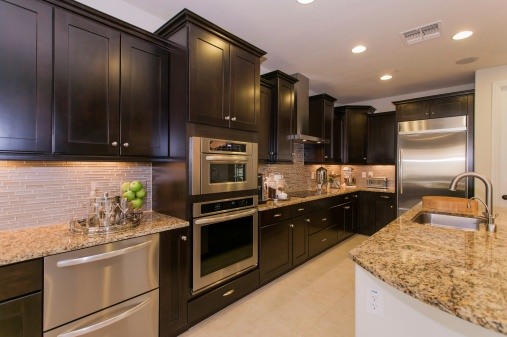 Your heating and air conditioning system works hard throughout the year to keep your home and family comfortable. Sometimes though, it’s more of a stressor than a comforter, especially when you get that bill at the end of the month. There are a few things you can do to help your system work more efficiently so you save energy, and even better, save money.
Your heating and air conditioning system works hard throughout the year to keep your home and family comfortable. Sometimes though, it’s more of a stressor than a comforter, especially when you get that bill at the end of the month. There are a few things you can do to help your system work more efficiently so you save energy, and even better, save money.
1. Use a Programmable Thermostat
Using a programmable thermostat is one of the most important things you can do to help save energy. There are proven temperature ranges that you can set your thermostat at to help keep your home (and checkbook!) comfortable. By properly setting your thermostat you can save up to $180 a year.
In summer consider setting your thermostat to between 78 and 80 degrees during the day, then having it set to drop at night when it doesn't have to work as hard to cool.
In winter a good range is 68 to 70 degrees during the day, then adjust it at night to have it comfortable the temperature that’s comfortable to you for sleeping.
You can also set your thermostat so that it keeps your home warm or cools during certain times of the day. If you are away at work all day then you might want to set it to a comfortable temperature two hours before you usually arrive home. Some thermostats also let you set different temperatures for different days so that your home remains comfortable on workdays, on the weekends, and everything that happens in between.
2. Use Ceiling Fans
Ceiling fans are a good alternative, or even addition, to using your heating and air conditioning system. Fans help circulate the air making it feel cooler in the summer or push the rising warm air down in the winter. This can make it feel more comfortable and allow you to turn the thermostat up or down to help cut energy costs. Remember to reverse your fans depending on the season.
3. Close Unused Vents
If you have rooms in your home that you don’t use often, consider closing the vents to those rooms. This will help increase the air flow in the rooms that you are using as well keep you from heating or cooling a room for no reason.
4. Regular Maintenance
Have an expert visit regularly to maintain your system and help it work more efficiently. It’s recommended to have your heating and air conditioning system serviced twice a year, once in the summer and once in the winter. But even a yearly check-up is better than not all because it will help identify problems before they get out of control. Be sure to choose a company in the Chico area that is trustworthy and has trained experts.
5. Change Your Filters
Change or clean your filters every three months at a minimum, and ideally once a month especially during peak seasons. A dirty filter will force your system to work harder, costing you money and even malfunction.
6. Control The Sun
Depending on what season it is use window shades to your advantage. Blocking the sun during hot summer months can drop the heat in your home considerably letting your air conditioner not have to work as hard. In winter letting sunshine into your home can help warm it up and there may be times during the day where your heat may not have to come on at all.
7. Plug The Leaks In Your Home
Check your home for spots where air is leaking. Windows and doors are a great place to start to ensure all the hard work your heating and air conditioning system is doing, is not going to waste. Look for signs of wear and tear, if you see light coming through, or feel a draft. Leaks can easily be fixed by using caulking and weather stripping to keep “bad” air out and “good” air in.
By changing just a few of these things in your home you can help your Chico heating and air conditioning system work less, making your home more energy efficient and saving you money as a result.
What will you do to help save energy using your heating and air conditioning system?








